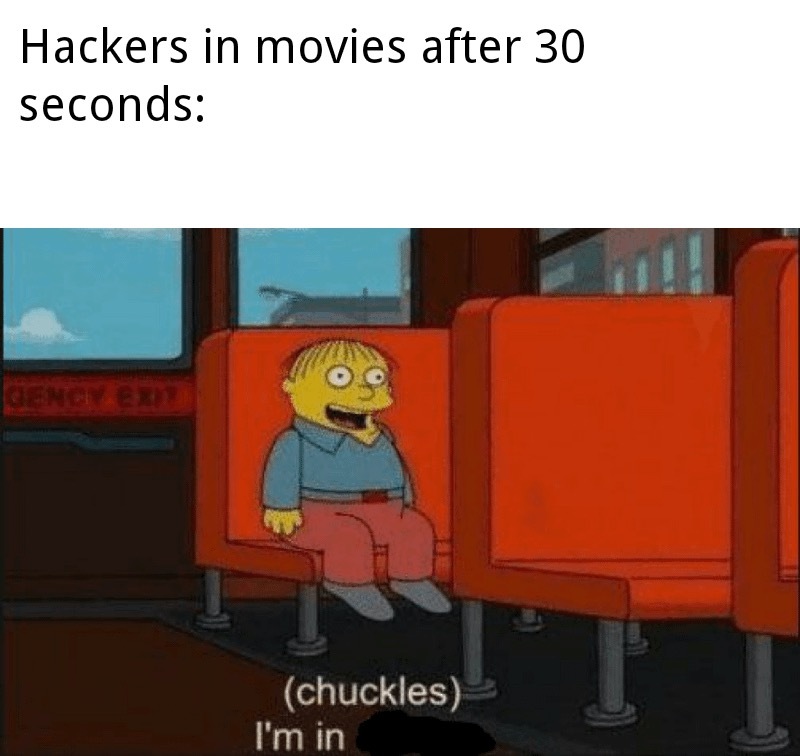this post was submitted on 17 Jan 2024
937 points (98.1% liked)
Programmer Humor
19551 readers
1086 users here now
Welcome to Programmer Humor!
This is a place where you can post jokes, memes, humor, etc. related to programming!
For sharing awful code theres also Programming Horror.
Rules
- Keep content in english
- No advertisements
- Posts must be related to programming or programmer topics
founded 1 year ago
MODERATORS
you are viewing a single comment's thread
view the rest of the comments
view the rest of the comments

I guess tens of millions of people count as nobody.
Unless they don't mean American football. That Jacks the number up to probably over 1b
I'm pretty sure they're talking association football. Gridiron football "matches" (which are called games in the US) are 60 minutes of clock-on time but more than 2 hours if you count all the ad breaks and clock-stopped time. The 90 minute figure only makes sense for association football. And yes, it's at least a billion people watching them every week.
oh and the ads run into playtime, so once the commercials are done, they give you a 30 second recap of what you missed, then back to commercials because the coach called a time out
I've been to an NFL game twice, and it's so much worse in person. At home at least the ad breaks are a chance to go to the bathroom or get a snack. At the game it's not worth getting out of your seat and trudging up to the concourse because 2 minutes isn't long enough for that. So, instead, you sit and wait for the action to resume.
It also makes it more clear that a lot of the long timeouts are purely TV-based.
There are plenty of time-outs that have to do with the state of the game: teams calling time-outs to discuss a plan, a time-out after a point is scored while the sides change, the 2-minute warning, the break after the 1st and 3rd quarters, and so-on. But, you also get explicit TV timeouts that are called by the TV networks when it's been too long since the last commercial.
In the stadium when that happens the offense might be in a flow, and the defense may be wobbling. But, the TV networks need to show their ads, so the network calls a timeout. Meanwhile, the players just stand around on the field, ready for the next play until the network television coordinator lowers his bright orange glove.